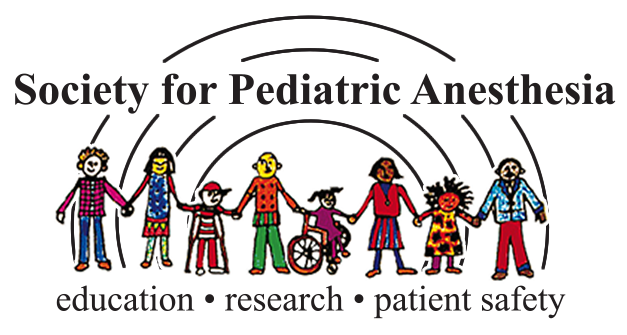You’ve Been Called Out for a Microaggression. What Do You Do?
- Summary: As a person who wants to be an ally to members of marginalized groups, how should you respond after a colleague calls you out for committing a microaggression? First, make sure the other person feels heard. Replace your instinctive defensiveness with curiosity and empathy. Listen with an open heart and mind. Be grateful: Your colleague is telling you how you’re showing up in the world in order to help you become a more evolved person. Next, offer a sincere apology. Say something like, “Thank you for telling me. I appreciate that you trust me enough to share this feedback. I am sorry that what I said was offensive.” Finally, commit to doing better in the future. Say, “I care about creating an inclusive workplace and I want to improve. Please keep holding me accountable.”
A Little Hurts a Lot: Exploring the Impact of Microaggressions in Pediatric Medical Education
- Summary: Microaggressions are not overt displays of discrimination but rather are discriminatory remarks stemming from unconscious bias and are often unintentional. But their damage is real and widespread.
How to Make Healthcare Anti-Racist
- Summary: Racial disparities in healthcare exist. This article discusses the need for a revolution in how we address these issues with health professionals.
The Burden of having Ears That Can Hear
- Summary: There is a need to revolutionize the conversations in medical training and medical practice in order to improve the outcomes of minority patients.
Common Types of Gender-Based Microaggressions
- Summary: Microaggressions are subtle verbal or nonverbal everyday behaviors that arise from unconscious bias, covert prejudice, or hostility. They may contribute to the persistent disparities faced by women in medicine. In this study, the authors sought to identify common microaggressions experienced by women faculty in medicine and to determine if specific demographic characteristics affect the reported frequencies of these microaggressions.
Racial Microaggressions in Everyday Life
- Summary: Almost all interracial encounters are prone to microaggressions; this article uses the White counselor – client of color counseling dyad to illustrate how they impair the development of a therapeutic alliance. Suggestions regarding education and training and research in the helping professions are discussed.
- Summary: This study shows the need for leadership and faculty of health professions schools to implement policies, practices, and instructional strategies that support and leverage diversity so that innovative problem-solving can emerge to better serve underserved communities and reduce health disparities.



 Supported By The Society for Pediatric Anesthesia
Supported By The Society for Pediatric Anesthesia